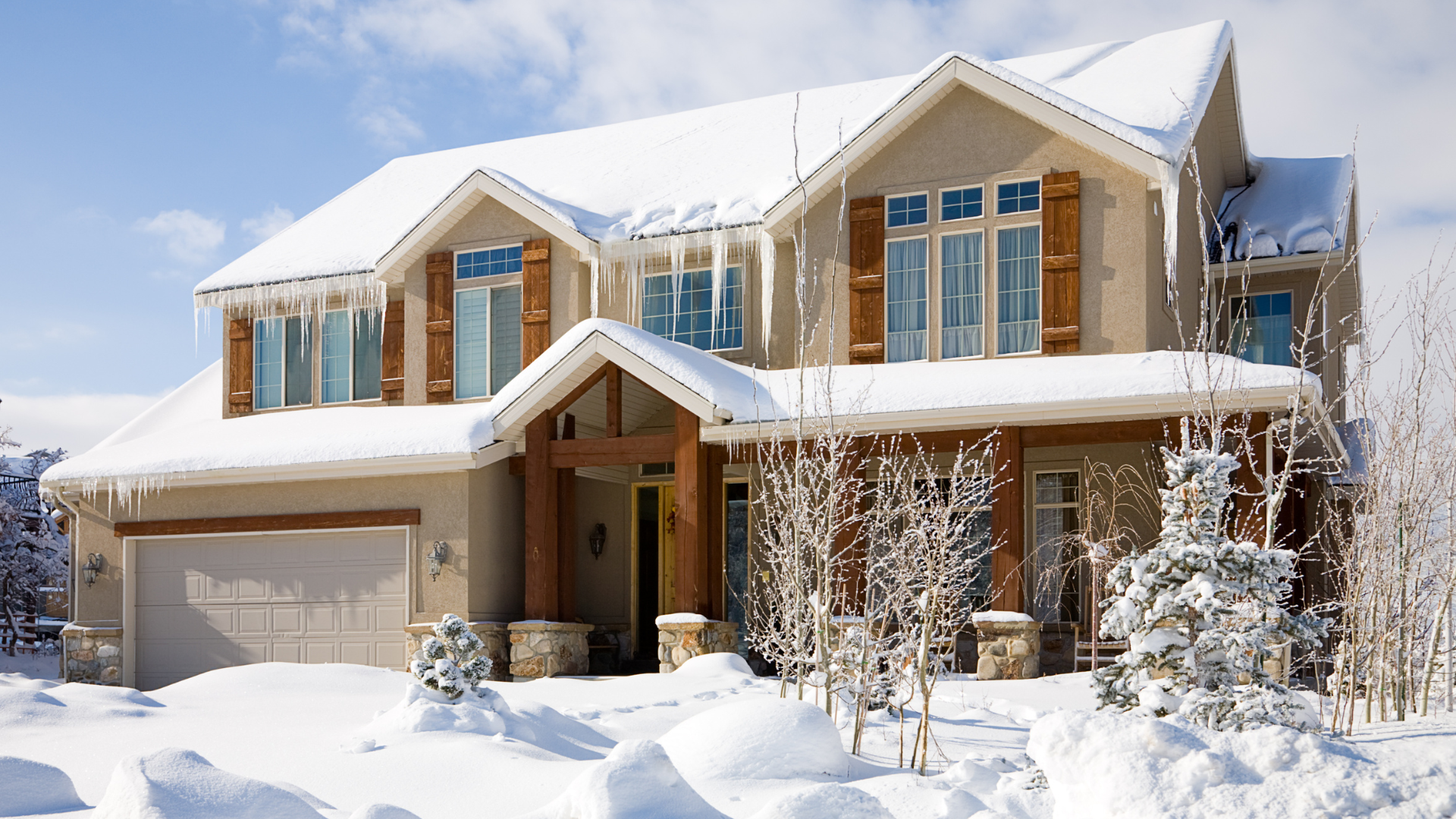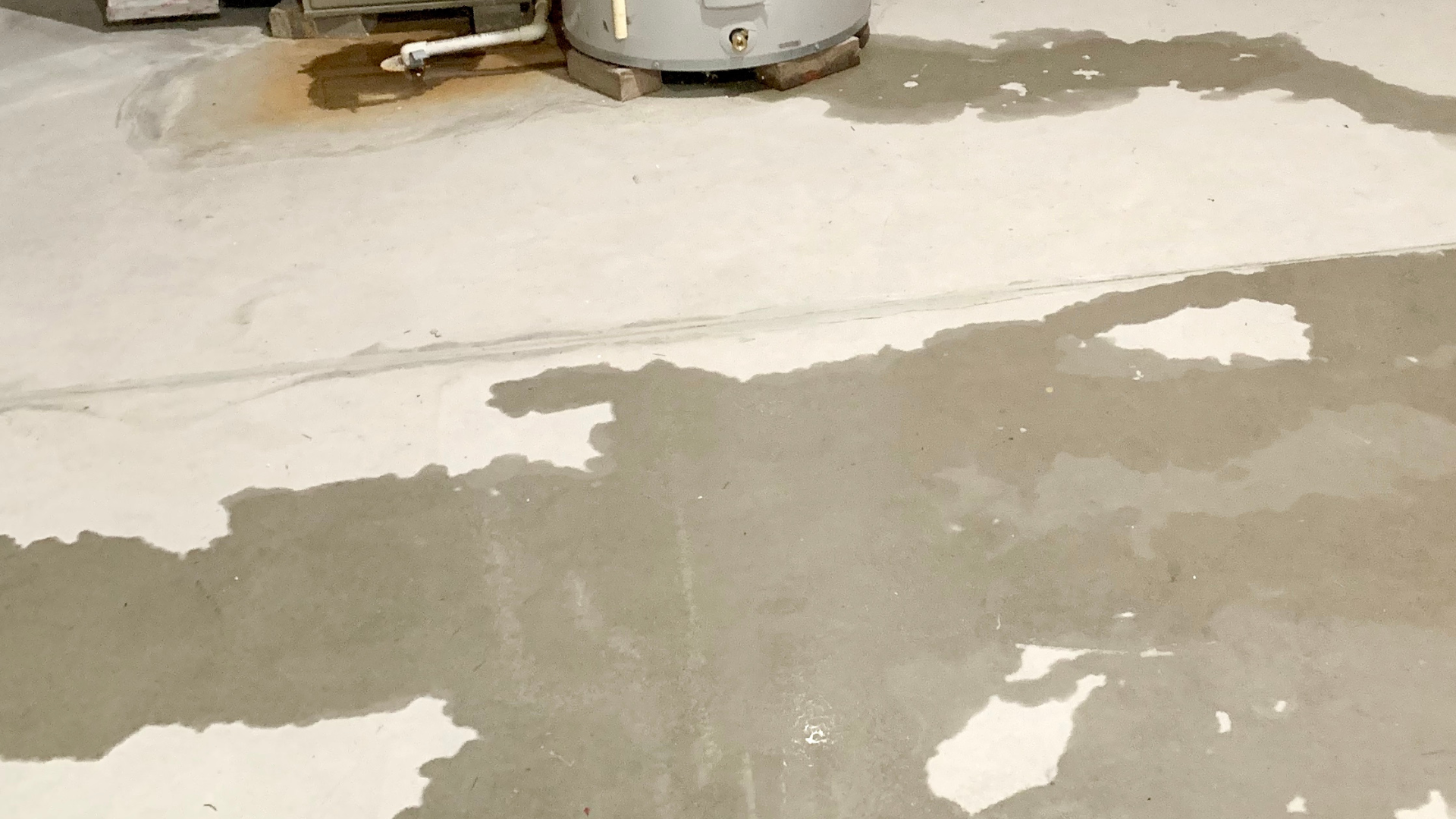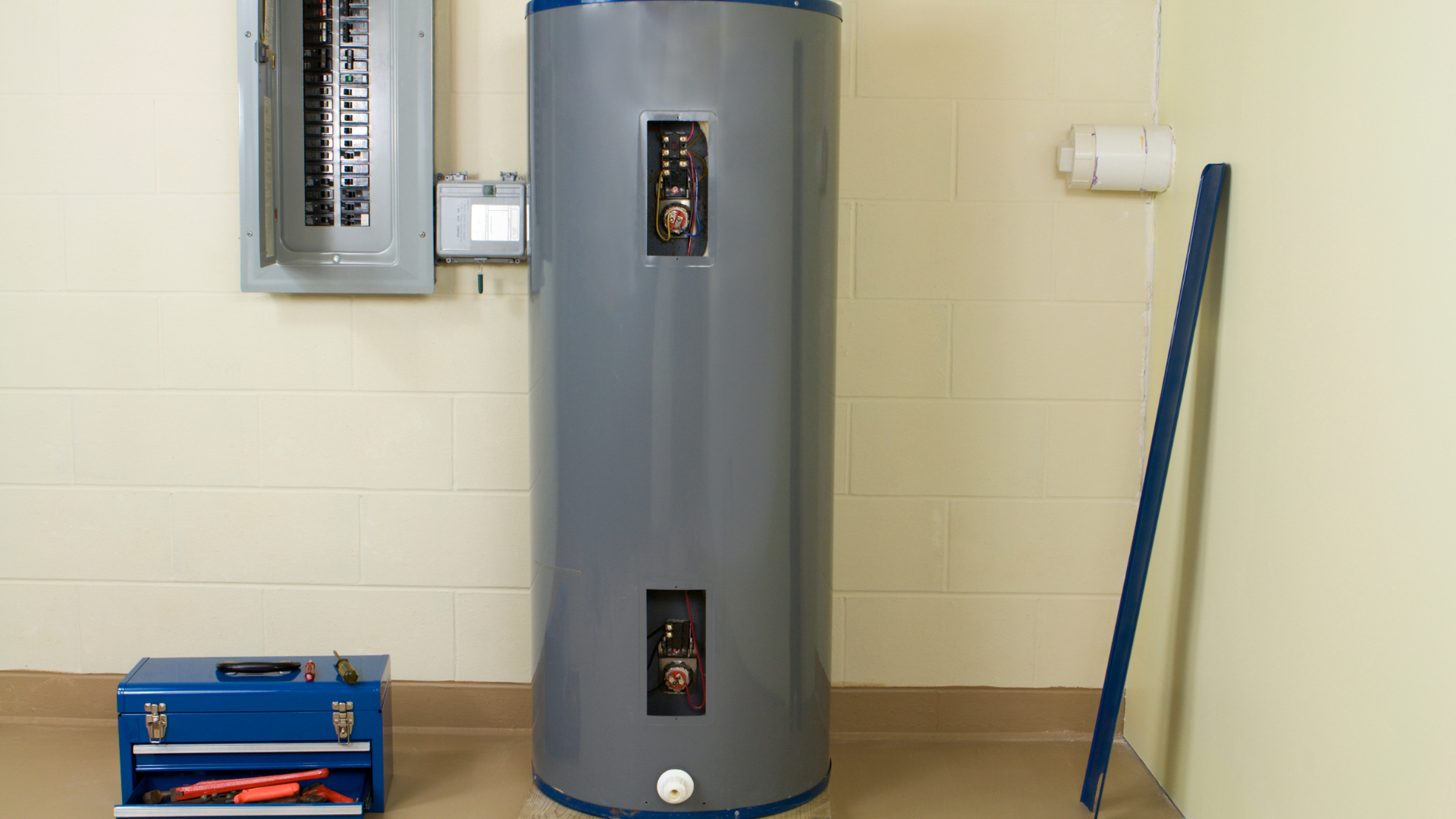Connecticut
How a Homeowner Can Navigate Contractor Licensing in the Constitution State

For homeowners in Connecticut, navigating home service contractor licensing involves a multi-tiered approach, with different state agencies overseeing various types of contractors. Understanding how sales tax applies in the "Constitution State" is also critical, as specific services and project types have unique tax implications.
Licensing Requirements for Home Service Contractors in Connecticut
Connecticut's Department of Consumer Protection (DCP) is the primary state authority for regulating contractors, with distinct categories for different scopes of work, and other boards licensing specific trades.
Home Improvement Contractor Registration (DCP):
- Under the Connecticut Home Improvement Act, any individual or business contracting with a consumer to perform work on residential property must register with the Department of Consumer Protection if the contract value is $200 or more.
- This registration covers a broad range of residential work, including remodeling, repairs, alterations, and additions.
- Key Requirements for Registration:
- Must obtain general liability insurance of no less than $20,000.
- Register the business with the CT Secretary of State's Office (if a legal entity like an LLC or corporation).
- Complete an online application and pay the annual registration fee (currently $220).
- Registrations expire annually on March 31st.
- This registration does not cover work under $200, or certain property maintenance like snowplowing, mowing, or cleaning services. It also doesn't apply to work covered by a specific trade license (e.g., plumbing, electrical).
New Home Construction Contractor Registration (DCP):
- If a contractor is building new homes (prior to initial occupancy), they must obtain a New Home Construction Contractor registration from the DCP.
- This registration also requires similar business registration, general liability insurance (no less than $20,000), and a background check. The application fee is currently $360. Home improvement work can be designated as part of this registration.
Major Contractor Registration (DCP):
- For larger, more complex projects involving structural integrity that exceed specific "threshold limits" (e.g., structures over 4 stories or 60 feet high, clear span of 150 feet, 150,000+ sq ft), a Major Contractor Registration is required. This often applies more to commercial or large multi-family residential buildings but can impact complex residential projects.
- Requirements: Similar to other registrations but often includes submitting credit references and detailed lists of past projects. General liability insurance is also required (e.g., $20,000 minimum).
Specialized Trades Require State Licenses (DCP, Occupational & Professional Licensing):
- Certain critical home service trades require specific licenses, also regulated by the DCP under its Occupational and Professional Licensing Division:
- Electricians: Licensed by the Electrical Work Examining Board. Licenses include Apprentice, Journeyman, and Master Electrician, requiring specific hours of experience and passing state exams.
- Plumbers and Piping & Heating, Piping and Cooling Contractors: Licensed by the Plumbing and Piping Work Examining Board and the Heating, Piping, Cooling Work Examining Board. Licenses include Journeyman and Master levels, requiring extensive experience and exams.
- Sheet Metal Contractors: Licensed by the Sheet Metal Work Examining Board.
- Elevator Journeymen and Contractors: Licensed by the Elevator Journeymen and Contractors Examining Board.
- These trade licenses generally supersede the Home Improvement Contractor registration for the specific work performed under that trade.
Local Permits: Even with state registrations/licenses, contractors must always obtain all necessary building permits from the specific city or town's building department. These permits ensure compliance with local building codes and allow for required inspections.
Hiring an unregistered or unlicensed contractor in Connecticut can put homeowners at significant financial and legal risk. Always verify their credentials.
How Sales Tax Applies to Home Service Projects in Connecticut
Connecticut has a state sales and use tax rate of 6.35%. The application of this tax to home service projects is complex and depends heavily on the type of work and property.
- Materials are Generally Taxable:
- Tangible personal property (materials) purchased by a contractor to be incorporated into a home improvement or construction project is generally subject to Connecticut sales tax.
- Contractor as Purchaser: For residential and new construction projects, contractors typically pay the 6.35% sales tax on the materials when they purchase them from their suppliers.
- No Separate Charge to Homeowner (for materials): Because the contractor has already paid the sales tax on the materials, they usually do not separately charge the homeowner sales tax on the material portion of the invoice for residential or new construction. The cost of the materials, including the sales tax paid by the contractor, is simply built into the overall project price.
- Labor (Services) Taxability is Highly Specific:
- Connecticut's sales tax on services is very specific. Only "enumerated services" (those explicitly listed in the statutes) are taxable. This is where home service projects get nuanced:
- Residential Property (Owner-Occupied) & New Construction Labor: Generally, labor charges for services related to the construction, repair, alteration, or improvement of owner-occupied residential property are NOT subject to sales tax. This also applies to labor for new construction projects (regardless of property type).
- Specific Taxable Residential Renovation/Repair Services (Historical Exception): Historically, a few specific renovation and repair services to residential property were explicitly made taxable, including:
- Paving
- Painting or staining
- Wallpapering
- Roofing
- Siding
- Exterior sheet metal work
- Important Update: While these services were historically taxable for residential property, recent changes in Connecticut law have aimed to simplify this. Current guidance indicates that labor on new construction and owner-occupied residential property is generally exempt. It is critical to confirm the most current rules with the Department of Revenue Services (DRS) or a tax professional, as these specific taxable residential services may now also be exempt if performed on owner-occupied residential property.
- Commercial/Income-Producing Property Labor: Labor for renovation and repair services to existing commercial, industrial, or income-producing real property (e.g., rental properties beyond 3 units, or non-owner-occupied properties) IS subject to sales tax.
What this means for homeowners:
- For most standard home improvement projects on your primary residence in Connecticut, you should not expect to pay sales tax on the labor portion of your contractor's bill, provided it's separately itemized.
- You also won't see sales tax separately itemized on materials, as the contractor typically pays that when purchasing.
- If your project involves certain specific services or is on a property that is primarily income-producing, sales tax on labor might apply. Always get a detailed invoice and discuss sales tax application with your contractor and, if necessary, consult the DRS.
How to Verify Licensing in Connecticut
Verifying a home service contractor's credentials in Connecticut is primarily done through the Department of Consumer Protection's online license verification portal.
Connecticut Department of Consumer Protection (DCP) - eLicense Portal:
- This is the official and most comprehensive source for verifying Home Improvement Contractor registrations, New Home Construction Contractor registrations, Major Contractor registrations, and specific trade licenses for Electricians, Plumbers, Heating/Piping/Cooling Contractors, and others.
- Website: Go to the Connecticut eLicense portal: https://portal.ct.gov/dcp/verify-a-license or https://www.elicense.ct.gov/Lookup/LicenseLookup.aspx.
- Search Options: You can search by individual name, business name, license/registration number, or profession/license type. Be sure to select the correct "Board/Commission/Division" (e.g., "Home Improvement Contractors," "Electrical Work Examining Board," "Plumbing and Piping Work Examining Board").
- Information Provided: The search results will display the license/registration status (Active, Expired, Suspended), issue/expiration dates, and often any public disciplinary actions.
Connecticut Secretary of State - Business Services Division:
- You can verify that the contractor's business entity (LLC, corporation, etc.) is properly registered and in good standing with the state. This is often a prerequisite for DCP registrations.
- Website: https://portal.ct.gov/sots (look for "Business Services" or "Business Records Search").
Local City/Town Building Departments:
- While state registration/licensing is paramount, always check with your specific city or town's building department to confirm that the contractor is authorized to pull permits in your area and that all necessary permits are obtained for your specific project. They can often tell you if a particular contractor has a history of pulling permits in their jurisdiction.
Proof of Insurance: Always request current Certificates of Insurance for general liability (a mandatory requirement for DCP registrations) and, if the contractor has employees, workers' compensation insurance. Contact the insurance provider directly to verify coverage.
Always verify a contractor's registration/license, insurance, and local permitting authorization before engaging them for any home service project in Connecticut to ensure compliance and protect your investment.
Sources
- Connecticut Department of Consumer Protection (DCP):
- Home Improvement Applications: https://portal.ct.gov/dcp/license-services-division/all-license-applications/home-improvement-applications
- New Home Construction Contractor: (Information available through the DCP website, often linked from Home Improvement)
- Major Contractor Registration Application: https://portal.ct.gov/-/media/DCP/occpro/forms/MCO-01_17Oct-pdf.pdf
- Verify a License (eLicense portal): https://portal.ct.gov/dcp/verify-a-license
- Occupational and Professional Licensing Division (for trades): (Information found on the main DCP site)
- Connecticut Department of Revenue Services (DRS):
- Connecticut Sales and Use Tax for Construction Contractors (Marcum LLP - useful overview): https://www.ctconstruction.org/files/public/ctsalestax_contractors_bymarcum_web.pdf
- Sales and Use Taxes on Certain Renovation and Repair Services to Residential Real Property (SN 92(23) - older but provides historical context on specific taxable services): https://portal.ct.gov/drs/publications/special-notices/1992/sn-92-23
- Connecticut Sales Tax Guide 2024 (Numeral HQ - general overview): https://www.numeralhq.com/blog/connecticut-sales-tax-guide
- Connecticut Secretary of State (SOTS):
- Business Services Division: https://portal.ct.gov/sots (for business entity search)
- Industry Guides (for general overview, always defer to state/local sources):
- Connecticut General Contractor License and Insurance Requirements (NEXT Insurance): https://www.nextinsurance.com/blog/connecticut-general-contractor-license-and-insurance-requirements/
- Connecticut Contractor License (StateRequirement): https://staterequirement.com/how-to-get-a-general-contractor-license/connecticut-contractor-license/
Click Another Article to Read More










